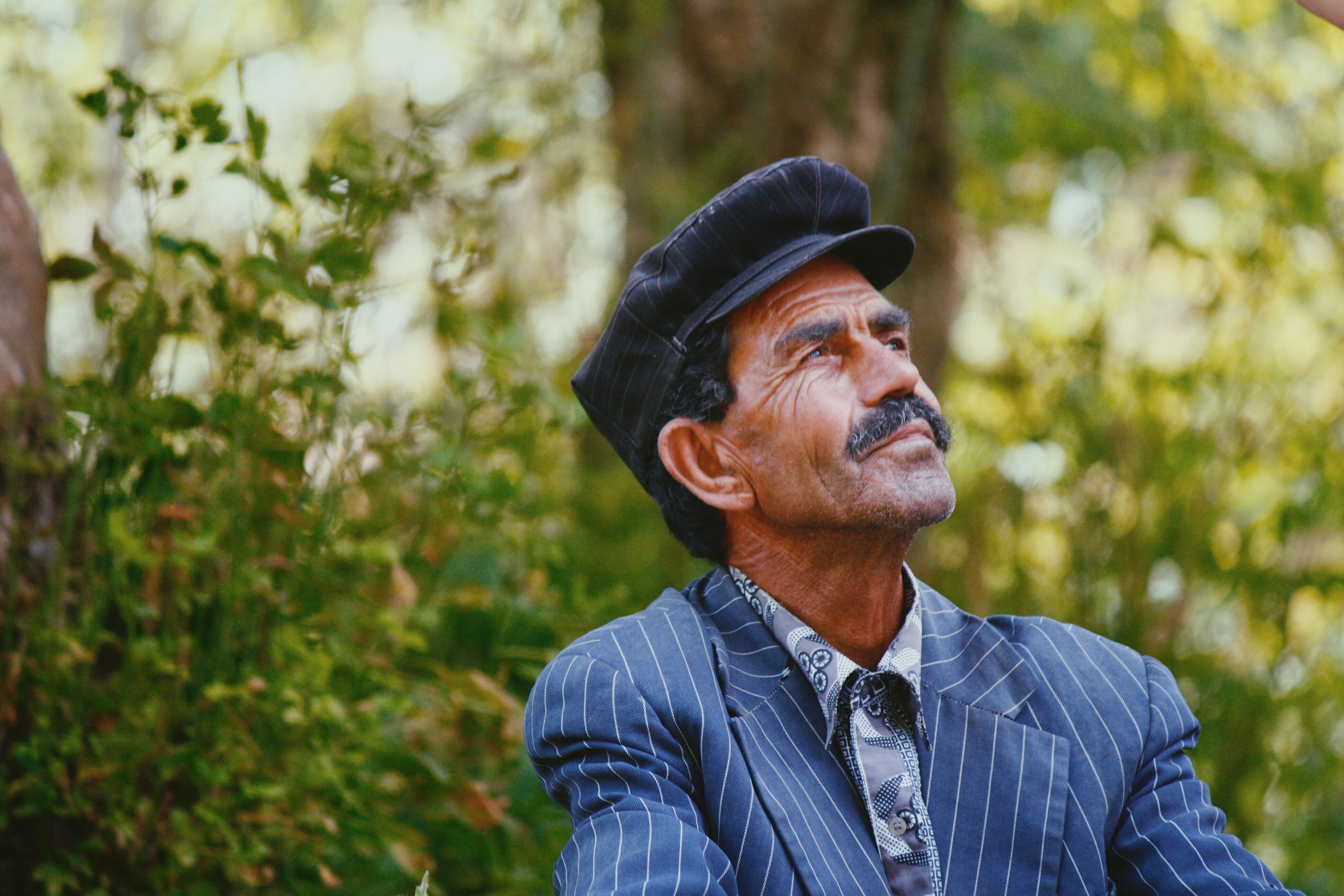The World Health Organisation global campaign to combat ageism

Today, for the first time in history, most people can expect to live into their sixties and beyond. By 2050 the world’s population aged 60 years and older is expected to double to nearly 2 billion. This means that by 2050, more than 1 in 5 people will be 60 years or older. Faced with this, the World Health Organisation has decided to act and kick off a large campaign against ageism.
A longer life brings great opportunities. Yet, our ability to enjoy these opportunities will depend heavily on how we approach older age and how others approach us as we age. This is what we call ageism. Ageism, which includes three dimensions – prejudice, stereotyping and discrimination – is highly prevalent worldwide and has significant effects on our health and wellbeing. It also imposes great barriers for policy and programme development because it limits the questions that are asked and the solutions that are offered. We often see, for example, that the sexual rights of older people are overlooked because questions of sexuality in older age are not even considered. Similarly, we see that older adults continue to be vastly underrepresented in clinical trials even for conditions that are most prevalent in older age.
Unlike other forms of discrimination, including sexism and racism, ageism is socially acceptable, strongly institutionalised, and largely undetected. Yet, changing the way we think, feel and act towards age and ageing is possible through collective, concerted and coordinated global action, and the World Health Organization (WHO) is leading the way towards this change.
In May 2016, WHO was given a mandate by its 194 Member States to lead a Global Campaign to Combat Ageism. Since then, WHO has been building an evidence base on ageism that will give answer to six fundamental questions that will inform the development of key actions for the campaign: (i) what is the global prevalence of ageism? (ii) what are the causes or determinants of ageism? (iii) what are the consequences of ageism at an individual and at a societal level? (iv) what strategies exist to effectively tackle ageism? (v) what are the available metrics to measure the different dimensions of ageism and its implicit and explicit expressions? (vi) What are the most effective ways of building public understanding and expanding thinking about age and ageing?
WHO is also global coalition of stakeholders who will drive action and lead the way towards a world for all ages. If you’re already working to tackle ageism or would like to get involved, please let us know by clicking here.
For more information:
www.who.int/ageing/ageism/campaign/en/
—
Dr Vânia de la Fuente-Núñez is a Technical Officer at the Ageing and Life Course Department at the World Health Organization. She leads all research related activities of the Global Campaign to Combat Ageism and coordinates the campaign’s steering group.


Facebook Comments